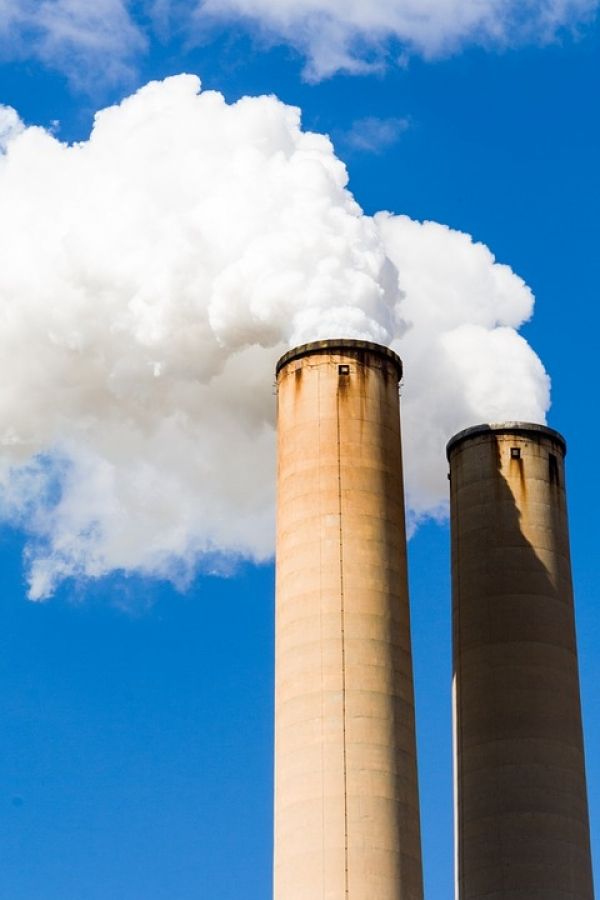The federal Clean Air Act and associated environmental regulations have driven steep declines in air pollution emissions over the past several decades, even as U.S. manufacturers increased production, a study by two University of California, Berkeley, economists has shown.
The study, forthcoming in the American Economic Review, found that polluting emissions from U.S. manufacturing fell by 60 percent between 1990 and 2008—a period in which manufacturing output grew significantly—primarily because manufacturers adopted cleaner production methods in tandem with increasingly strict environmental regulation.
“In the 1960s and 1970s, people worried that Los Angeles, New York and other U.S. cities would have unbearable air pollution levels by the end of the 20th century,” said Joseph Shapiro, an associate professor of agricultural and resource economics who co-authored the study with Reed Walker, an associate professor in the Haas School of Business and Department of Economics. “Instead, air pollution levels have plummeted, and the evidence shows that environmental regulation and the associated cleanup of production processes have played important roles in those steep declines.”
Shapiro and Walker analyzed newly available data on over 1,400 different products produced by U.S. plants between 1990 and 2008. They combined this with plant-level pollution emissions data over the same period. The authors then categorized reductions in overall emissions into those that can be explained by changes in manufacturing output, changes in the types of goods produced or changes in production technologies.
Read more at University of California - Berkeley
Photo Credit: cwizner via Pixabay


